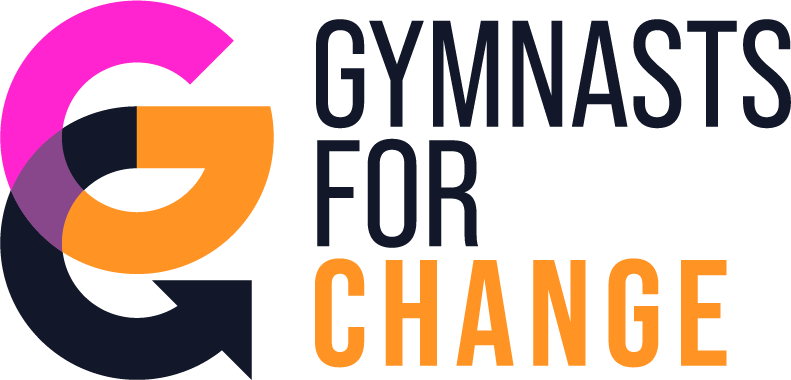A Culture of silence
Klaudia Wittmann, former German Rhythmic Gymnast and member of the G4C International Working Group, explores the way in which silence is rewarded in gymnastics.
In women’s gymnastics, silence is seen as one of the greatest assets. From a young age, the gymnast learns not to argue with the coach, not to share (or even have) an opinion, and to take what her coach says as the truth. If you want to survive in the sport, it is crucial that you submit to this culture of silence. Not being allowed to say what is on one’s mind can sometimes mean that the athlete isn’t even sure of their own thoughts. The words of the coach are so much inside the gymnast, inside their body, that thinking and speaking becomes extremely difficult, if not impossible. In cases of abuse, this imperative of silence is even stronger. The athlete knows they are being exploited but articulating this could attack their (fragile) sense of self. When an abuse survivor remains silent this is not only because of a fear of not to being believed, but because recognising what happened to them can have serious consequences for their own psyche.
When the scandals of abuse erupted in 2020, more and more gymnasts came forward to speak about what had happened to them. These athletes came to realise that, as a group, they did have a voice. The truths imposed by a system of abuse and exploitation began to crack. Something shifted where gymnasts were no longer so intimidated that they spoke. We cannot underestimate this act of speaking. Those who spoke up, the whistleblowers, exposed not only the faulty system of the sport but a part of themselves that had depended on that system or even been shaped by it. Their will for change and their ambition to reallocate guilt to the side where it belongs, that of the abuser, brought forward a tremendous change in how gymnastics is seen today.
While it was an incredibly important move for BG to become scrutinised for their ruthless mechanisms of promoting, fuelling and covering up abuse, it is important to think about those who made this action possible. Since making accusations against BG, whistleblowers have suffered horrendous consequences. Their cases are becoming subsumed by a system that actually hasn’t changed. Their allegations are not believed, they become accused of not showing enough evidence, and in some instances, perpetrators simply leave the stage without any consequences, only to repeat their abusive behaviour in a new club. This has devastating psychological effects on whistleblowers who become punished and traumatised all over again. The ways in which abuse cases are handled shows us that no change has even begun to happen on the systemic level and that the people who pay for this failure are those that had the courage to expose that side of women’s gymnastics we are scared to see.
The position of whistleblowers becomes even more complicated when we consider that they aren’t even shielded legally. Gymnasts neither have the status of the employee nor of the contractor, meaning that their acts of whistleblowing are not protected by UK law. They find themselves in extremely vulnerable positions with no certainty about where their bravery will lead. We advocate for the adequate recognition and support that whistleblowers need and deserve, along with changes in the law that make sure that those who who challenge and expose oppressive power structures are protected and celebrated.
